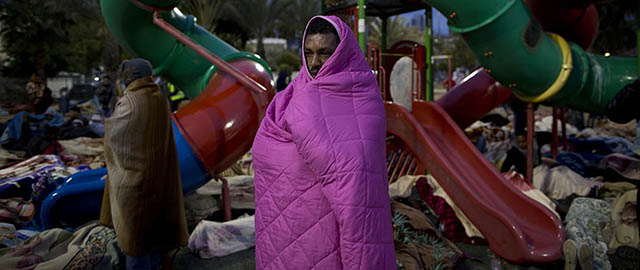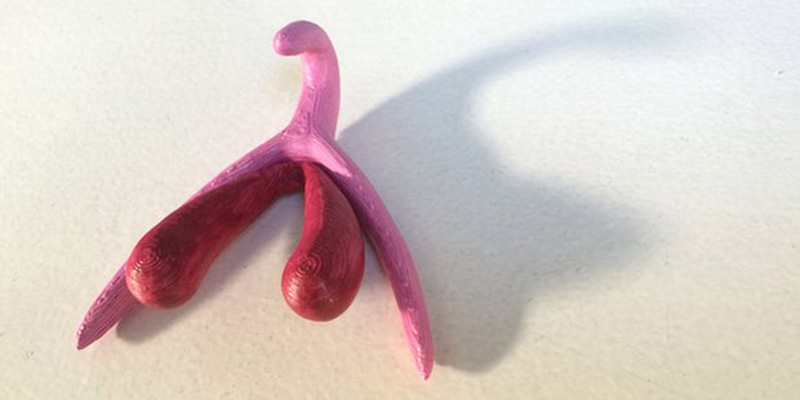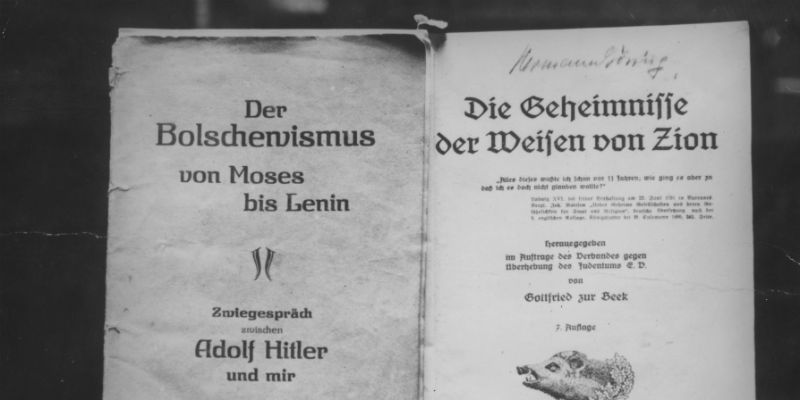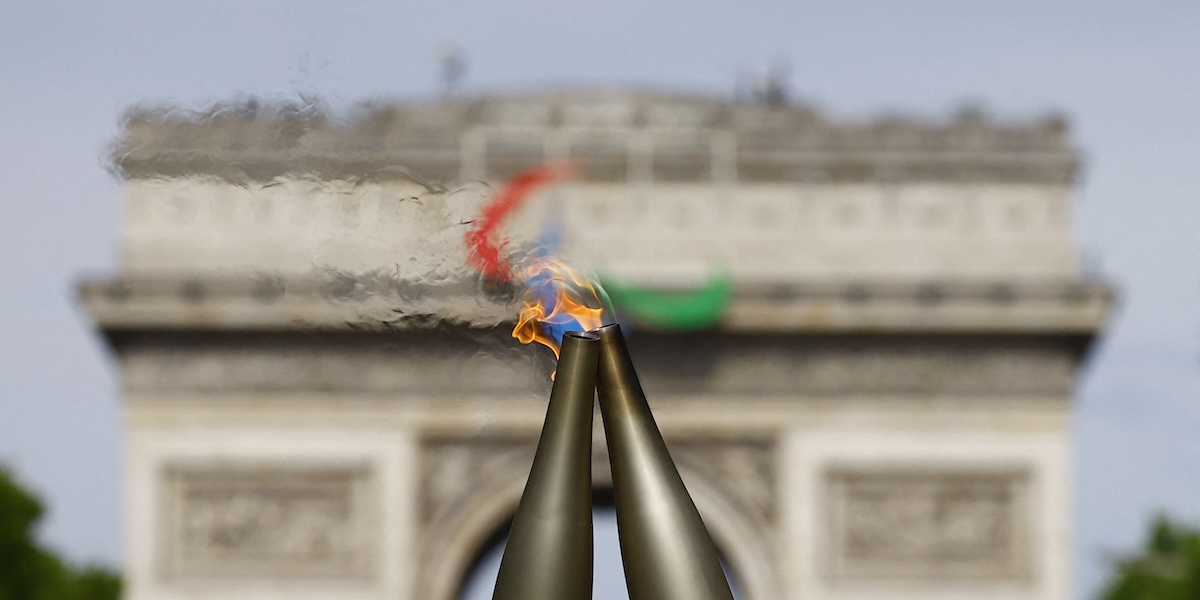Migranti e coperte in Israele
Fotografie di una protesta pacifica di eritrei e sudanesi contro le politiche migratorie di Israele e per ottenere lo status di rifugiati

altre
foto
A Tel Aviv, in Israele, da settimane proseguono le manifestazioni dei migranti africani, provenienti soprattutto da Eritrea e Sudan, per ottenere il riconoscimento dello status di rifugiati. Le proteste sono diventate più intense e frequenti a partire dal 10 dicembre scorso, quando il governo israeliano ha approvato una legge che autorizza la detenzione fino a un anno degli immigrati clandestini senza prima lo svolgimento di un processo. Gli immigrati presenti in Israele sono per lo più eritrei e sudanesi in cerca di asilo politico che è quasi sempre stato loro negato: si rifiutano di tornare nel loro paese per paura della repressione, vivono nei quartieri più poveri nel sud di Tel Aviv e sono oggetto da tempo di attacchi xenofobi. Nel 2013 Israele ha completato la costruzione di un recinto elettrificato lungo il confine di 230 chilometri con l’Egitto, che ha ridotto quasi a zero il numero di immigrati provenienti da quel paese.



















